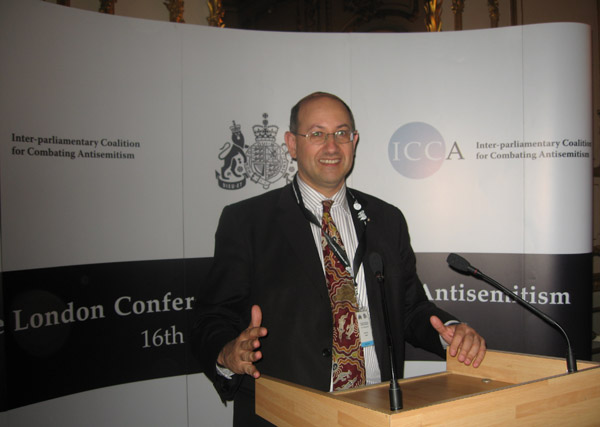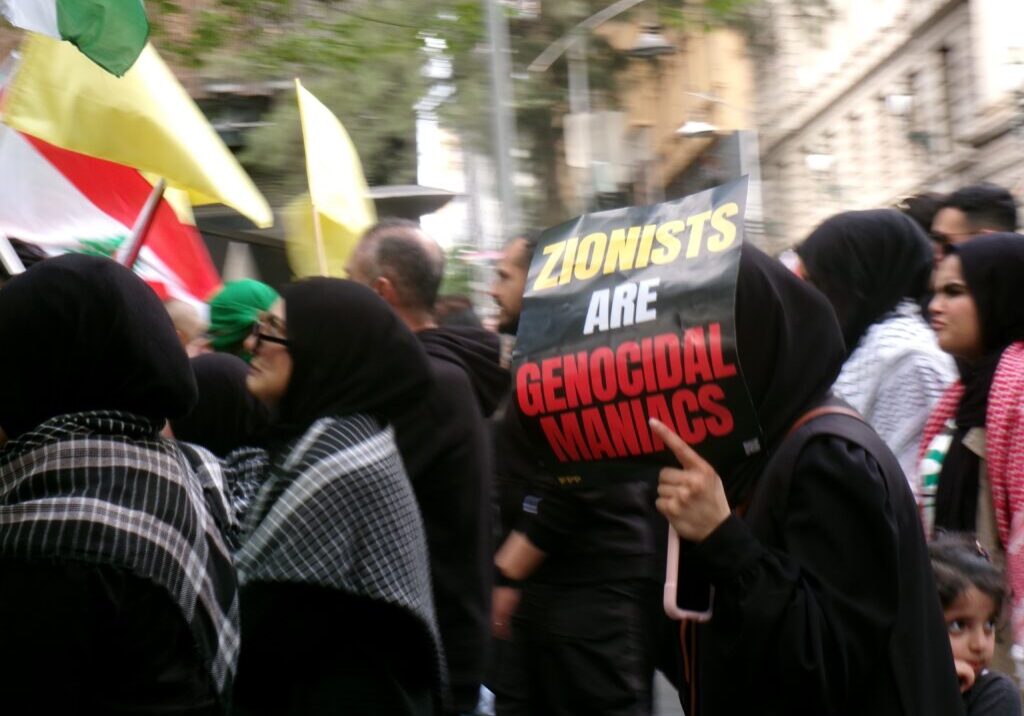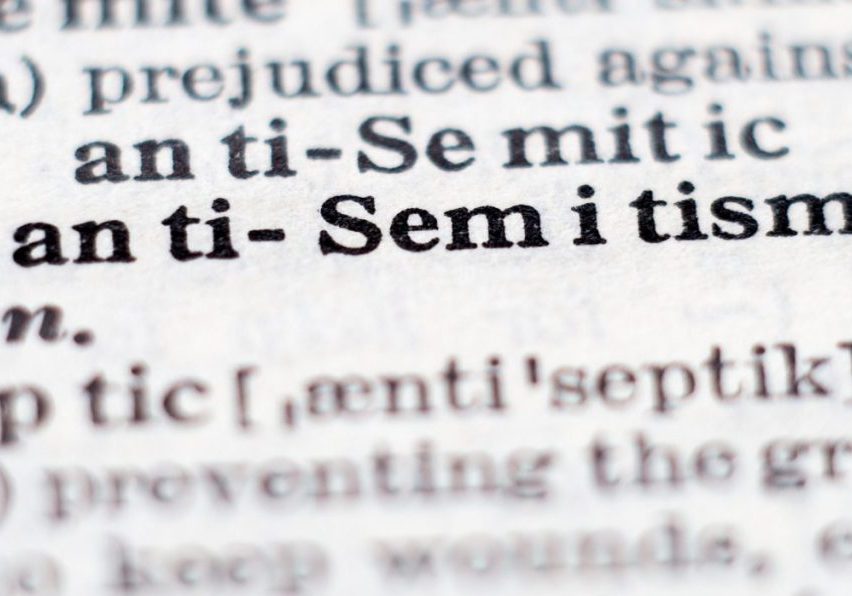Australia/Israel Review
The Last Word: Signing and Maligning
May 28, 2013 | Jeremy Jones

Jeremy Jones
The International Religious Freedom Report for 2012, released by the US State Department on May 20, contains a large number of comments on the presence and prevalence of antisemitism, in many forms, in many countries.
“Holocaust denial and glorification remained troubling themes”, the authors note, adding that “opposition to Israeli policy at times was used to promote or justify” anti-Jewish hatemongering.
As a report which gave special attention to government inaction and action, it was unsurprising that it noted, “When political leaders condoned” antisemitism “it set the tone for its persistence and growth in countries around the world”. Iran and Venezuela were identified as the governments which offended most in this area.
Lebanon also merited special attention given the key role of the openly antisemitic Hezbollah in the country’s governance, the crude Jew-hatred broadcast on al-Manar television and the fact that “Government documents refer to Jewish Lebanese citizens as Israelis, although they are not Israeli citizens”.
Reviewing European countries, the report commented on “a worrisome sign” – antisemitic and xenophobic parties gained seats in parliaments and a member of Greece’s Golden Dawn party read from the notorious Tsarist forgery The Protocols of the Elders of Zion during a parliamentary session. Meanwhile, Hungary “saw continued racist commentary by an openly anti-Semitic political party with seats in parliament, the Jobbik Party, and also witnessed an attack on a member of the Jewish community outside of a prayer house in Budapest.”
Amongst the many incidents the report documented were desecration of several Holocaust memorials in Ukraine, swastikas on synagogues’ fences in Russia, an antisemitic cartoon in a major Argentinian newspaper and the murder of a rabbi and his two children, along with another student, by an “Islamic extremist” outside a Jewish school in Toulouse.
The report did not focus primarily on Jews, and there is much in it one can learn about religious discrimination, vilification, harassment and inequality. However, the material on antisemitism is a timely reminder of just how ridiculous is the behaviour of deniers of antisemitism, so aptly slammed by renowned novelist Howard Jacobson in “It’s official: thanks to Stephen Hawking’s Israel boycott, anti-Semitism is no more” (The Independent, 17 May, The Australian, 21 May)
In recent weeks, one of the globe’s most important bodies combating anti-Jewish hatred, propaganda and vandalism, has garnered some well-deserved attention in Australia.
In 2009, I had the privilege of participating in the “Experts’ Forum” section of the Inter-parliamentary Coalition for Combatting Antisemitism international conference in London.
As the only Australian present, I presented and fielded questions on manifestations of antisemitism in South-East Asia, Oceania and the Pacific, and also discussed some of the positive features of Australia’s model of multiculturalism.
This was one of a number of serious, constructive conferences on antisemitism, which took place at governmental level in the first decade of this millennium, but was distinguished by the no-nonsense and non-partisan tone, the range of countries, political viewpoints and religious affiliations of the participants and by the momentum it generated towards action.
Amongst the outcomes of that conference was the “London Declaration on Combating Antisemitism”, which has attracted many Australian signatories in recent days, including the Prime Minister, every member of the Federal Coalition, and leading NSW State MPs.
In Australia, despite what those gullible enough to believe the insipid public contributions to the public discussion on the subject by Professor Stuart Rees may think, condemning antisemitism has little if any electoral benefits and actually attracts criticism from some on the political left (which once, in the past, trumpeted anti-racism).
The promotion of the London Declaration’s principles, which have been enhanced by the Ottawa Protocol of 2010 (and which arose from a conference in which Australian parliamentarians Michael Danby MP and Senator Scott Ryan displayed leadership) was, and is, a moral action which should be applauded.
Tags: Anti-Zionism






